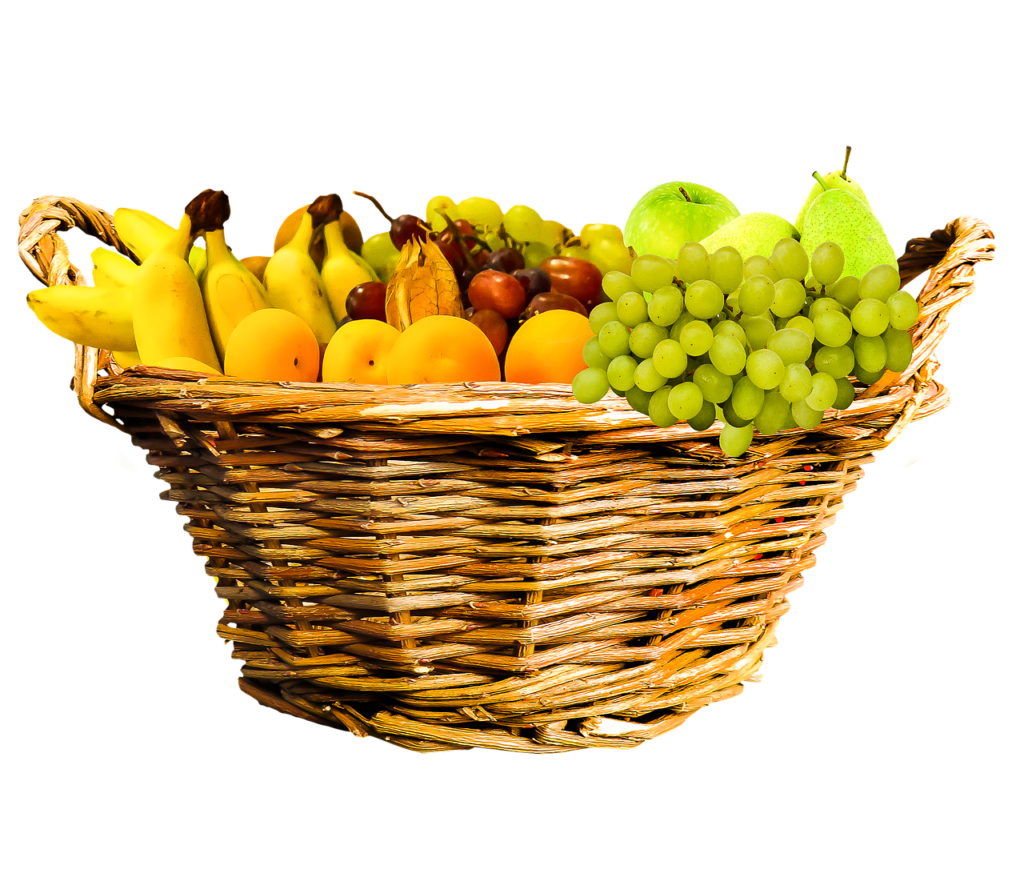People who follow a vegetarian diet never eat meat, fish or poultry. Instead, they rely on a variety of plant-based foods for good health and eating enjoyment.
While most vegetarians generally avoid red meat, there are varying degrees of the lifestyle. It is common to find vegetarians that enjoy fish, eggs and/or dairy on a regular basis. In fact, the classifications of vegetarianism are so wide that even people who occasionally eat meat can be included.
Why Choose a Vegetarian Diet
People choose vegetarian diets for many reasons, including personal preference, health concerns, dislike for meat or other food from animals, or they believe a plant-based diet is healthier.
Some adopt a vegetarian lifestyle for ethical reasons. Many vegetarians, for example, avoid meat because they do not want animals killed or harmed. These individuals may object to the treatment of animals raised on industrial farms.
The environment is an additional concern for some vegetarians. Issues have been cited concerning all aspects of the environment, such as animal waste from factory farms polluting the land and water or forests that are cut down to make room for grazing cattle.
Religious beliefs also can play an important role in vegetarianism. For instance, followers of Jainism practice nonviolence (also called ahimsa, meaning “do no harm”), and do not eat meat or certain vegetables, such as onions, potatoes and garlic. Hindus also believe in ahimsa and are the world’s largest vegetarian population. They believe in the dietary customs of self-control and purity of mind and spirit. Seventh-day Adventists practice a vegetarian lifestyle, while Buddhists also support the concept of ahimsa (although some eat fish or meat).
Health Benefits
Many people make the switch to a vegetarian diet because of the potential health benefits. Vegetarian eating patterns have been associated with improved health outcomes including lower levels of obesity, a reduced risk of heart disease and lower blood pressure. Also, vegetarians tend to consume a lower proportion of calories from fat and fewer overall calories, and more fiber, potassium and vitamin C than non-vegetarians. These characteristics, plus lifestyle factors, may contribute to the health benefits among vegetarians.
If you are seriously considering becoming vegetarian, you must first pick the classification that fits into your lifestyle:
Vegan. Avoids all animal flesh (beef, pork, goat, lamb, chicken, fish, seafood, insects, etc.) and animal products such as eggs, honey, milk and dairy products. Extremely strict vegans avoid the usage of all animal products such as fur, leather and wool in their daily lives.
Lacto-Ovo Vegetarian/ Semi-Vegetarian. Most likely the most common form of vegetarianism. From the Latin root “Lacto” and “Ovo” meaning milk and egg, Lacto-ovo vegetarians avoid all forms of animal flesh (beef, pork, goat, lamb, poultry, fish, seafood, insects, etc.) but include milk, dairy and eggs. Due to food allergies and intolerances, some in this classification avoid either dairy or eggs. Consequently they are known as Lacto-vegetarians (include milk and dairy but not eggs) or Ovo-Vegetarians (include eggs but not milk and dairy).
Pescatarian. Includes fish but avoids all other animal flesh (beef, pork, goat, lamb, poultry, insects, etc.). May or may not include milk, dairy and eggs.
Flexitarian/Semi Vegetarian. Enjoys a plant-based diet but will occasionally have a serving of meat such as chicken, beef, goat etc. Most Flexitarians include eggs, milk and dairy.
Picking the Vegetarian Diet that Works for you:
- Decide your reasons for going vegetarian. Do you want better health? Do you care about animals living in extremely inhumane conditions? Is decreasing your carbon footprint important to you? Your reasons for making the switch will predict your ability to stick with it. The stronger your driving force, the better the outcome.
- Pick a classification that supports your tolerances and preferences. You cannot be a Lacto-Ovo vegetarian if you suffer abdominal discomfort when you drink milk (Lactose Intolerant). Similarly, you are less likely to succeed at being a Pescatarian if fish is expensive and/or unavailable where you live.
- Enjoy the transition.




